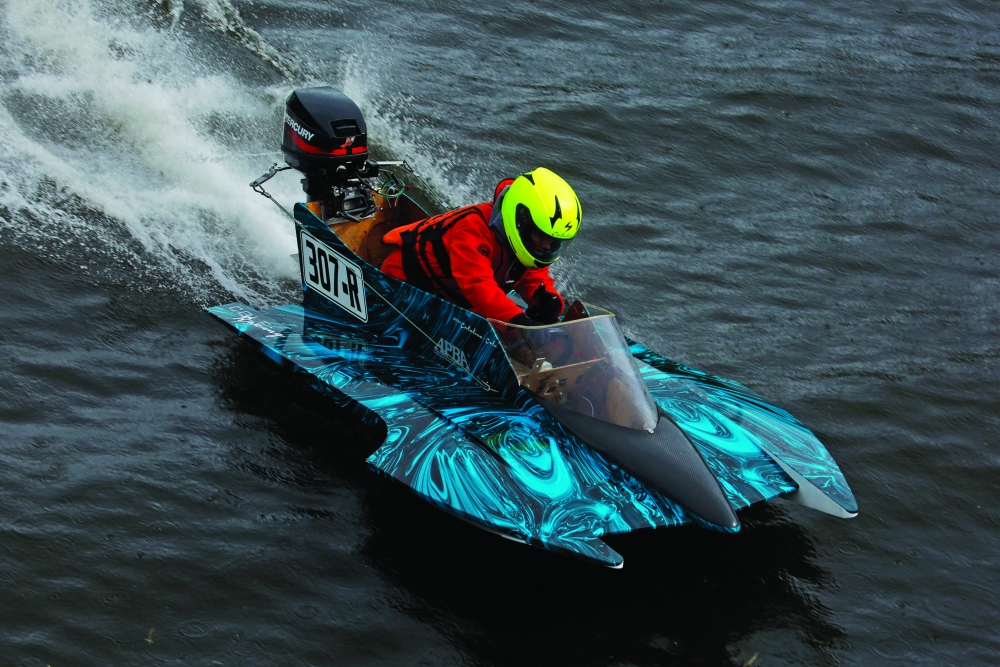Taking in a powerboat race as a spectator is an exhilarating experience. An increasing number of fans are being drawn to these unbelievably powerful watercraft no wonder; they race at speeds of up to 200 miles per hour among a festive atmosphere of cheering spectators.
Some of these fans might even be considering growing beyond the role of spectator and trying their hand at racing. But how can you get into powerboat racing as someone completely new to the sport? Here are some useful tips that can get you started.
Become a Student of the Sport
Aspiring amateur powerboat racers should learn everything they can about the sport before committing too much of their time and money to it. Every racing association has unique rules, so take the time to research all of them. Understanding how each organization conducts races can help you decide which one best meets your needs.
Consider seeking out local powerboat racing groups in your area to talk with experienced racers for an insider’s perspective of the sport. These dab hands can offer insight into what makes life as a racer so thrilling while also noting drawbacks and difficulties.
Learning about the history of powerboat racing is also worthwhile. It is a fascinating story, and it can also help you better understand the sport and all of its variations.
Choose Your Preferred Racing Format
Powerboat racing is one of the most accessible motorsports because there are events available to racers of all skill levels. This makes it easy for new racers to get started and learn before eventually climbing through the ranks and entering more competitive international events.
Handicap Races
Most newbies begin with handicap races, which are time trials around a circuit course. A handicapper evaluates racers and determines how much time they would need to finish a full race. This time is subtracted from the race time and the result is used as your starting time. Next, you complete the lap again with the goal of crossing the start line at your exact start time and finishing exactly at the end of the race time.
Scratch Races
Scratch races are also common for beginners. These are run without a handicap and start with either a clock, a countdown to zero, or the waving of a flag. Different types of boats compete in these races, which means faster boats have an edge.
Join a Racing Organization
Racers who aspire to compete in international championship events should apply for membership with an official racing association, such as the Offshore Powerboat Association (OPA), the American Powerboat Association (APBA), or Super Boat International (SBI).
Each of these organizations requires different equipment, financial commitments, and knowledge. SBI is one of the more competitive leagues and may be best reserved as a future goal for beginners. OPA offers a wider variety of classes then SBI. This means a larger selection of boat types, which makes OPA a very accessible option. APBA may be the most accessible, as it has a wide variety of classes, including options for kids.
Joining one of these groups right away may be intimidating, so many novices opt to start with individual and unofficial events. Some major events, like the Lake of the Ozarks Shootout, do not require membership in an association. Attending events like these is an opportunity to test your boat out and talk shop with pro racers.
Buy a Powerboat
Just as there is a wide range of competitive powerboat levels, powerboats come in all shapes, sizes, and price ranges. The most accessible boats start with a price tag of around $20,000, while the most powerful high-end models can sell for as much as $2 million. Powerboats also vary in their power, from 400 horsepower at the lower end to over 7,200 horsepower in modern super boats.
Regardless of where on the spectrum you fall, life as a competitive powerboat racer is a major financial commitment. Your boat will need regular maintenance, which requires tools and extra parts. Some of these parts can be as expensive as a lower-end powerboat. For example, new propellers in certain classes can cost as much as $30,000. There is no avoiding it: your equipment will break down eventually, and you need to be financially prepared to handle any issues as they arise.
Assemble a Crew
Before you enter races, you will need to assemble a regular maintenance crew of individuals who have the mechanical skills necessary to keep your boat on course. While high-level races have professional crews, newbies can get started with a crew of mechanically inclined friends.
Volunteering as a crew member in competitive races is also a great way to get your feet wet as a newcomer to the sport. You will have the opportunity to learn all about how these races work from behind the scenes.

